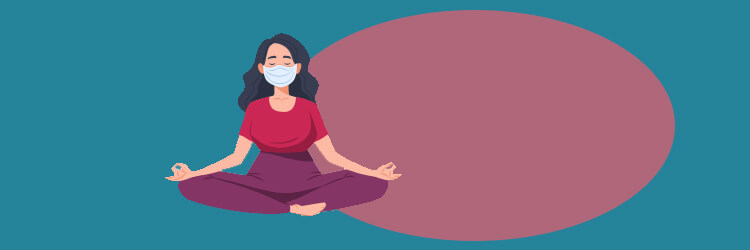[vc_row][vc_column][vc_column_text]As states move through different re-opening phases, change is to be expected. For instance, the place I get my hair cut announced they’ll be re-opening—allowing in only five clients at a time and requiring that masks are worn. Before the pandemic, this is not what getting a haircut looked like. Since COVID-19 came around, we’ve had to adjust to constantly evolving rules, guidelines and situations.
The same can be said for sobriety. Almost everything about addiction recovery involves change. According to the “Stages of Change” model, you are in the process of changing even before you get sober. The four main stages are “Pre-contemplation,” “Contemplation,” “Preparation,” and “Action.”
There is a stereotype that people with Substance Use Disorders are in denial about their condition, but that’s not always the case. I was in the “Contemplation” phase—when you think about cutting back or quitting—for many years. As happens with a lot of people, this included trying unsuccessfully to moderate my substance use without having to quit. Change is hard. People are often slow to do so.
In early July 2015, I decided I was going to quit drinking August 1st. This gave me time to prepare for more and even bigger transformation. I attended a group recommended by my therapist for people making a big life change. At this point I was in the “Preparation” phase.
When you’re in active addiction, your life usually centers on the substance. In order to get sober, you often have to make many big adjustments in your life.
As things continue to shift in the world, people in recovery may be in a good position to cope. We know how to adjust to change and upended routines. We probably have worked on focusing on things we can control—the advice I’m seeing a lot about coping with COVID-19.
Fear of change is often rooted in fear of the future. When it comes to making changes, the anticipatory anxiety can be more difficult to cope with than the change itself. That’s why it can take so long to make a change. You put off dealing with it because you expect the worst. But in fact, the worst part is the worrying and the wondering. Humans are very adaptable. Once things change, we acclimate.
If you’re in recovery, you have probably learned this lesson. When I was in the “contemplation” and even the “preparation” phase, I could not imagine my life without substances. Now I can’t comprehend how I ever drank and used the way I did. I can’t imagine not being able to imagine my current life.
I’ve heard many others in recovery say that when they were using, they never would have dreamed that this would be their future. But now it is. Getting from there to here takes a massive amount of change.
If you are worried about how you will cope as things re-open and we enter a strange new world, try to remember that your anticipation will likely be the hardest part. But also remember that it is okay to mourn. Change is often a loss. In this case, we’ve lost a lot of what we considered “normal” life and routine.
As the cliché goes, change is the only constant in life. A global pandemic is an extreme of that cliché, since it transforms everything about our daily lives. But even without a pandemic, change is constantly happening. Those of us in recovery know this deeply. For us, it is a hope—that active addiction isn’t the end, that we can always change.
If you are struggling with a substance use or mental health disorder during the COVID-19 crisis, there is hope for change. TruHealing Centers is open throughout the pandemic, with hospital-grade sanitization of our facilities and telehealth options. At our recovery centers across the country, we will help you build healthy coping skills and thrive in long-term recovery. Call an admissions specialist at 410-593-005.[/vc_column_text][/vc_column][/vc_row]









